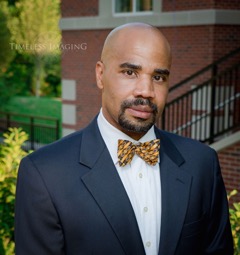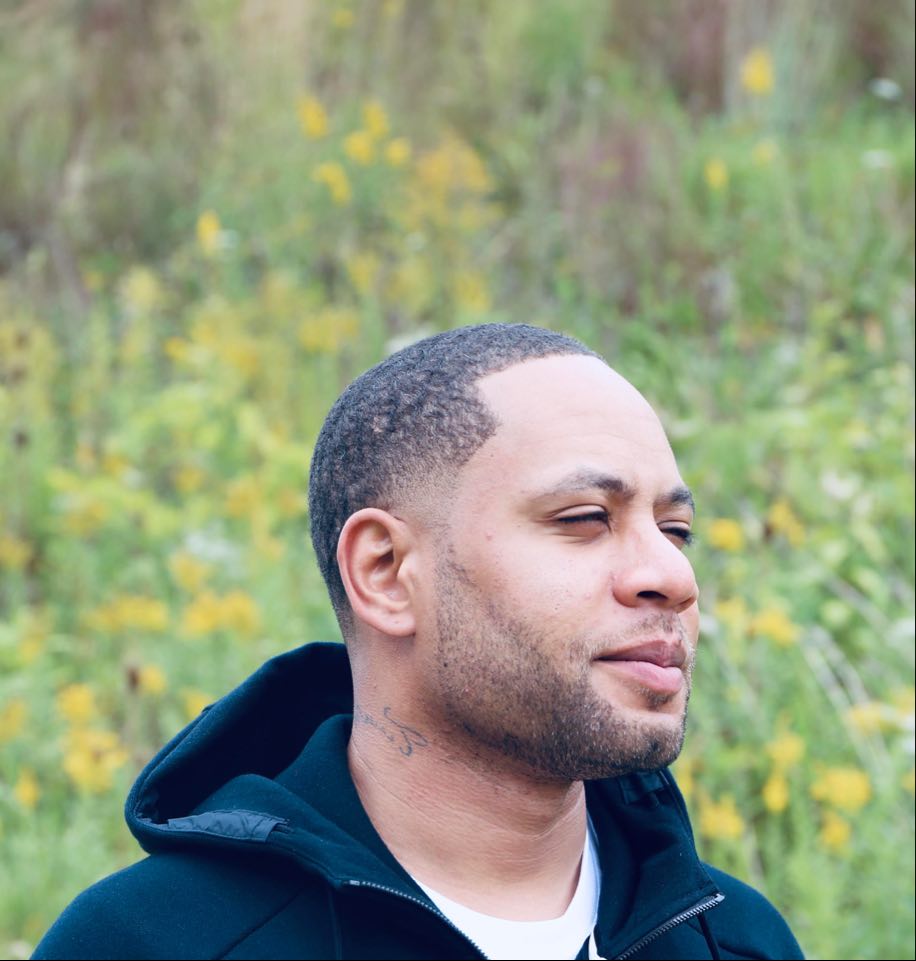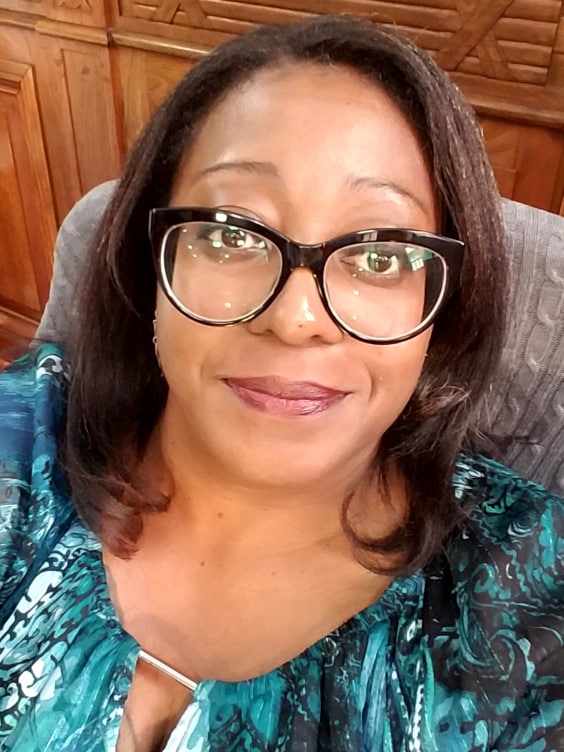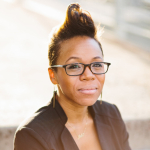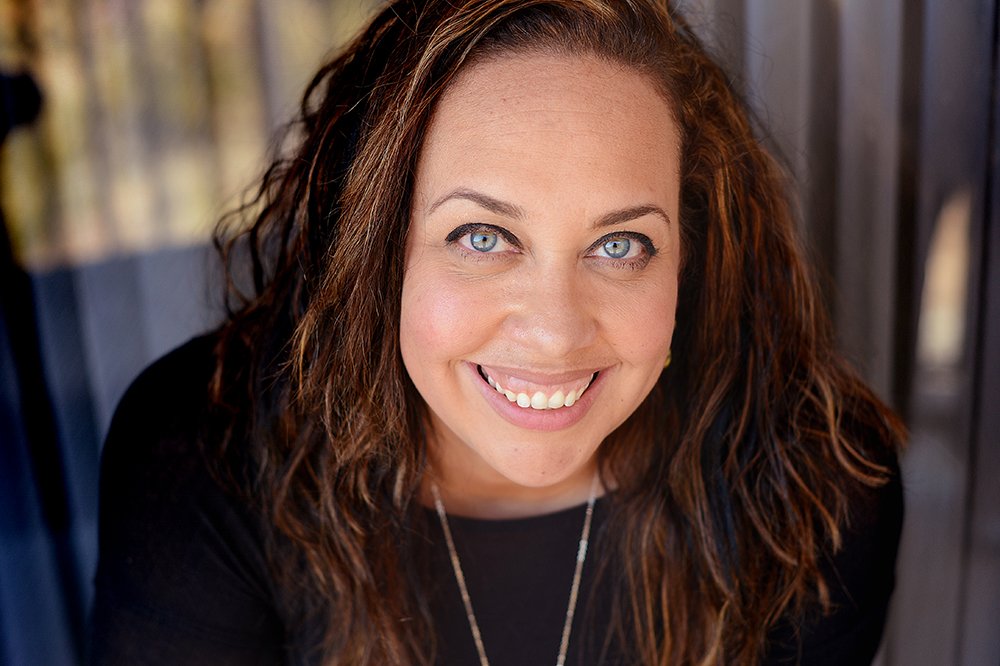Discover Empowerment Starts Here
Empowerment Starts Here

62 Episodes
Reverse
This episode is the fifth conversation in the Black Lives Matter series. In it, you will hear Dr. Ervin talk about the collapse of life, liberty and the pursuit of happiness for black people. He also talks about the choice between gradual change in contrast to “cataclysmic change” (his words) as relating to the liberation of black people around the globe. The close out of this episode is dedicated to Georgia as an instructional opportunity to understand the intersections of race, geography and politics as well as the implications of this intersection for black lives. For more information, visit webpage: https://empowermentstartshere.net/2021/09/05/episode-72-the-case-of-blm-with-dr-c-eric-ervin/
This episode is the fourth conversation in the Black Lives Matter series where empowerment starts here with Reverend Dr. Valerie Bridgeman. In this call, Rev. Valerie links BLM to the spiritual. She talks about God as not sharing, about Jesus being a black woman, and about uprooting historical systems such as the police department so we can properly replant and rebuild. For more about Rev. Valerie or the show (including corrections to mistakes made in this episode), please our webpage.
In this episode, Empowerment Starts Here with Senator Lena Taylor from Wisconsin. The Senator joins this BLM series as a public servant trying to disrupt social margins for her constituents while personally being in those margins. She talks about life, liberty and the pursuit of happiness by going right to the U.S. Constitution and then directly connecting it to George Floyd. She also talks about the “goodness” of political progressives until it comes to black folks. Finally, she talks about black lives matter being a movement not just about black lives but about social unrest, social injustice, social inequities. For more, visit our website.
In this episode, the Informant, a local artist, talks black lives matter through the lens of a black man growing up in Milwaukee, WI. He talks about his lived experiences with life, liberty and the pursuit of happiness and his encounters with police. In the close out, the host will explore humanization, self actualization and liberation as specific points captured in the call.
In this episode, Henry Leonard talks about public education and black lives matter through the lens of a union worker. He also shares his perspective on life as a contested experience for blacks yet a privileged experience for whites. Finally, in the close out, the host will consider white supremacy and its relatedness to the education of black minds.
This episode is the first of a season of seven where the host explores what black lives matter means to her on a personal level and then engages with others to find out what it means to them as well. To learn more about this episode and to access the show notes, please visit our webpage.
In this episode, the host returns (from an extended break) with a conversation about her continued commitment to Empowerment Starts Here (ESH). She talks about the six episode gap (between Ep55-Ep60); about being on autopilot from one major project to the next (without time to reflect and recalibrate her destination); and about what is new since she has been away. In the reflection, you will be invited to think with Angela about the school house as a basin in our society and truly consider the ways in which education coincides (or not) with social change work. Visit our website for more information:
In this episode, the informant talks about the capital required for parents to enroll their children in charter public schools and the ways in which this requirement violates the tenets of free education. In the close out, the host adds to the conversation by talking about democratic education from the angle of property, privilege and power. Visit empowermentstartshere.net (2019 Reflections) to access the show notes.
In the recorded conversation, the Informant talks about public school employment for educators of color and how it differs from what their white counterparts experience. He also talks about educators of color only being allowed to teach in under-resourced schools and finally, he talks about different access points to privilege and power. In the close out of the episode, the Hosts talks about her views on traditional and charter public schools. Through this closing, she sets context for the next two cases. For more information about this episode and the Informant, please visit the show notes.
Contrary to public treatment, racism is not just about the n-word. It is also not just about blatant discrimination on the grounds of color. In this episode, the host talks about the subtleties of racism at the interpersonal level relating to legitimacy, authority and the control of resources. For a full description and the show notes, please click here.
In the Case of Black Love, the informants talk about happiness, love, sex, sexuality, sexual assault, black men, black women, black consciousness, R. Kelly, Judge Kavanough, polyamory and monogamy, white patriarchy, black matriarchy, and much, much more! In the close out, the host talks about the causal relationship (made throughout the conversation) between black men and black love.
In this episode, the informant shares insight on words and the human experience those words represent. She talks about writing, publishing and the development of the mind. In the close out, the host talks about a mental function called chunking and how it is essential for experts and the highly creative mind.
In this episode, the informant and host talk about sex from a sociological perspective. Together, they interrogate ideas on sex as an act of pleasure, the right to have pleasurable sex, and the dignity of sex as related to being human. They also talk about parenting in the development of healthy sexual identities and the role that church plays in the creation of those identities as well. In the close out, the host explores sexual self schemas and the cognitive dissonance that occurs when new sexual schemas are understood through pre-existing paradigms.
The Sunken Place is a term/metaphor borrowed from Jordan Peele's movie, Get Out. In this episode, the host proposes four conditions that creates this condition. Instead discussing racism, as was the premise of Peel's interpretation of the Sunken Place, she explores how other conditions in the physical, social and political world also creates causes disunity with one's sense of self. To access show notes, visit web page: https://empowermentstartshere.net/2019/03/05/ep48-the-case-of-the-sunken-place/
To be critical is to understand all events, experiences and phenomenon by examining their relationship with the social world. One who is critical accepts the social world as a series of interconnecting systems ...usually enacted to maintain current distributions of power. In this episode, the hosts considers how two seemingly similar people can have different comfort levels with critical theory. In short, she attempts to answer the question, what actually makes one critical? In talking about marginalized bodies, childhood trauma, dominant wiring for intuition, and academic training for higher order processing and abstract thinking, she explores four possibilities for a critical orientation. To access show notes and more information about this episode, visit: https://empowermentstartshere.net/2018/
In this episode, the informant talks about three levels of power shifting: the power shift that happens at the classroom level when whiteness is de-centered in the literature read by black and brown students; at the local level when gentrification takes over black and brown communities; and at the global level when white Americans must confront their relevance (or lack thereof) in a global economy.
In this episode, four ESH returns come back to talk about a common theme they share: being white, male and privileged. In this conversation is Chris Thinnes from Ep03 (The Case of Allyship in Context); Peter Anderson from Ep09 (The Case of Gradelessness); Dr. Paul Thomas from Ep10 (The Case of Critical Literacy) and Justin Schleider from Ep24 (The Case of Learning and Moving).
In this episode, the informant models what it means to be unapologetic around issues relating to women. She talks boldly about birth control, about abortions as a reproductive right, about being child-free, and about her relationship with women of color and queer women. Also in this conversation, you will learn that it is quite difficult to talk about gender without talking about race. For more details and resources mentioned in this conversation, visit our webpage.
In this episode, the host talks about property, power and prestige as conditions of social class; about class inconsistency and class stratification; and about the consequences of a social class system. To access detailed notes for this episode along with a list of the resources mentioned, click here.
In this episode, the informant talks about being black at school as a psychosocial phenomenon impacting black students and families, black educators, and black community stakeholders. She also talks about the nonprofit and for-profit organization that fuels her work and the dynamic challenges of monetizing social justice and providing services to schools for a fee. To access more notes and resources discussed in this episode, please visit: https://empowermentstartshere.net/2018/10/23/the-case-of-being-black-at-school-ep42/


